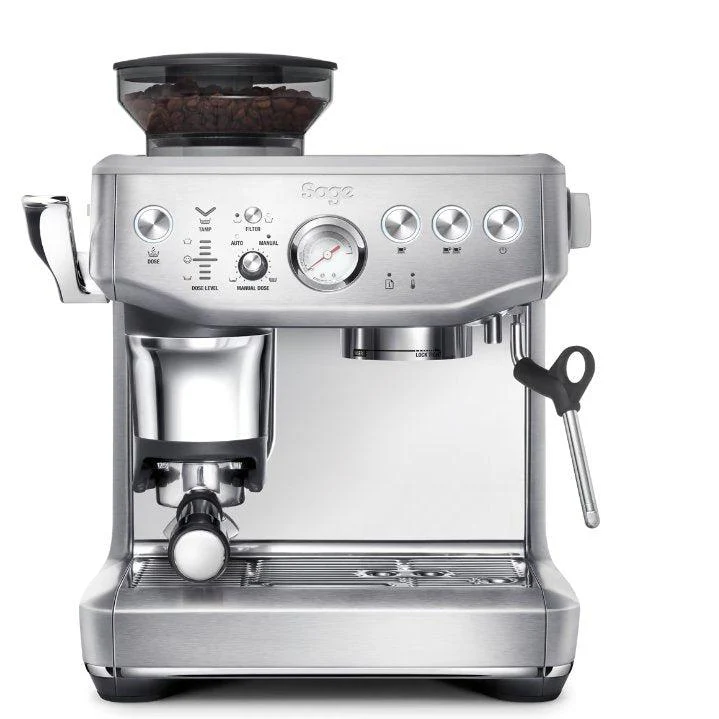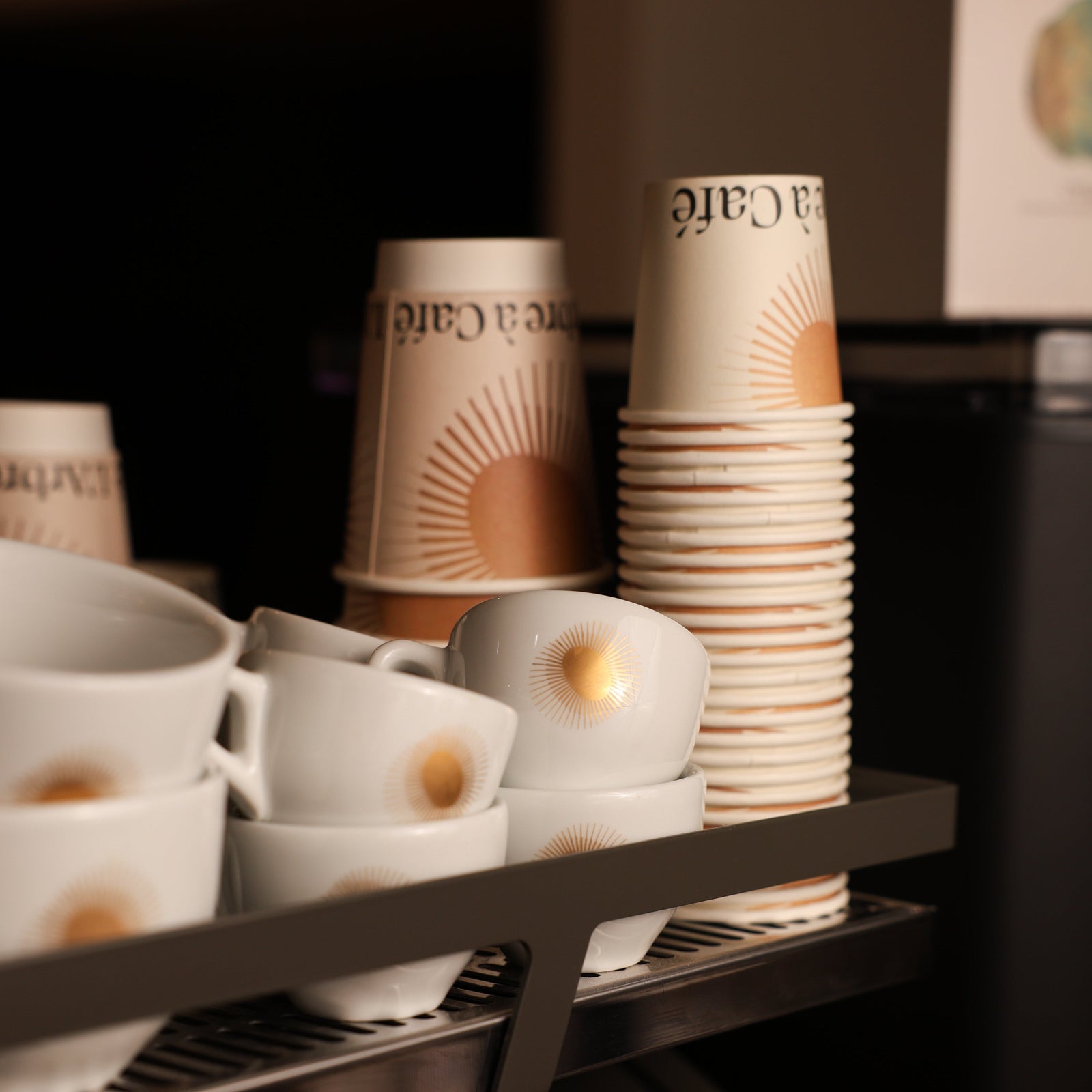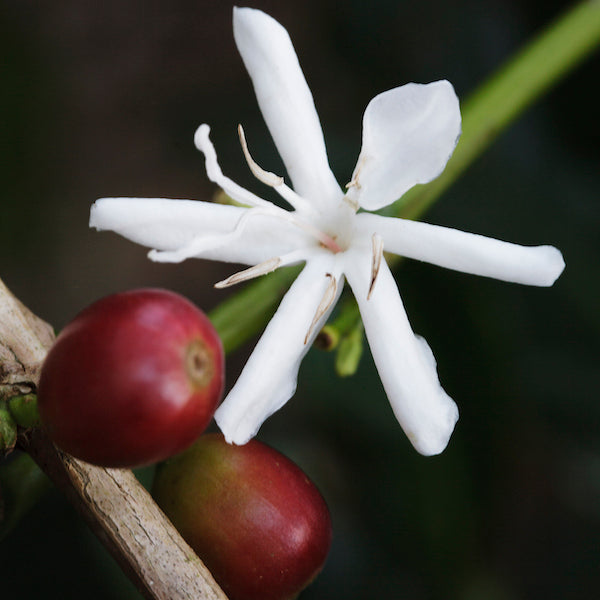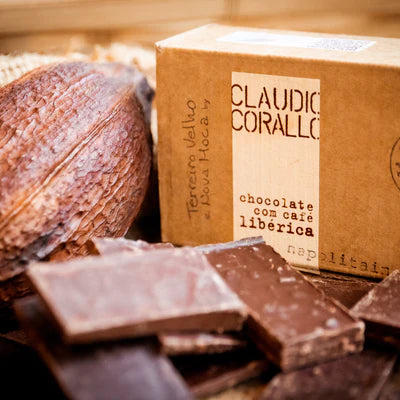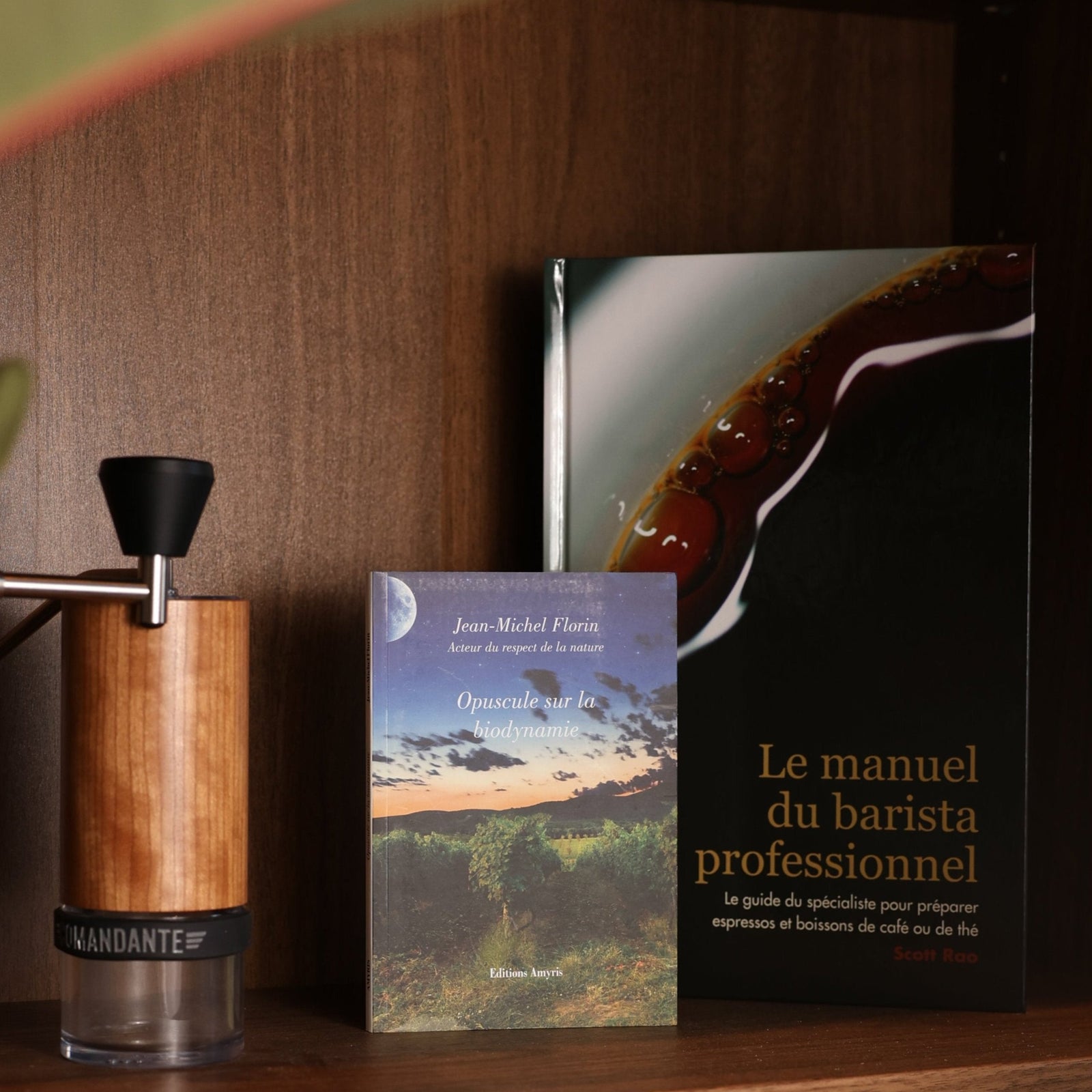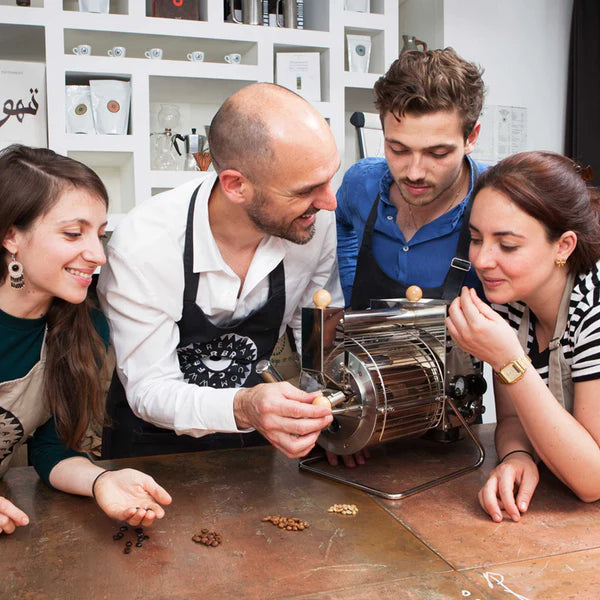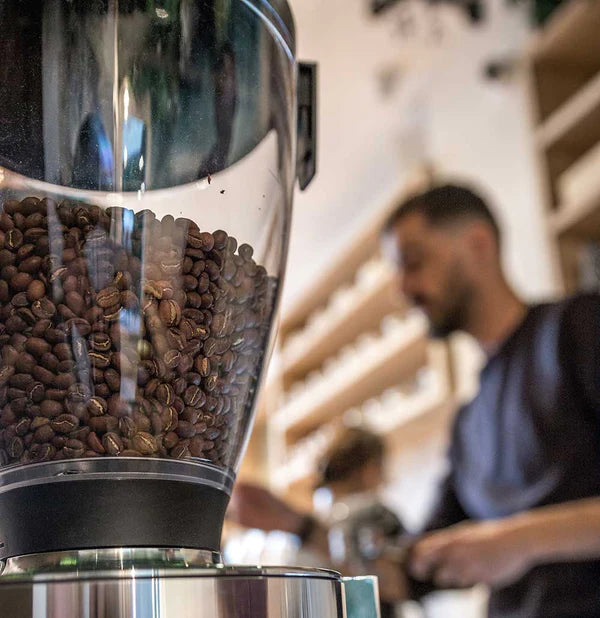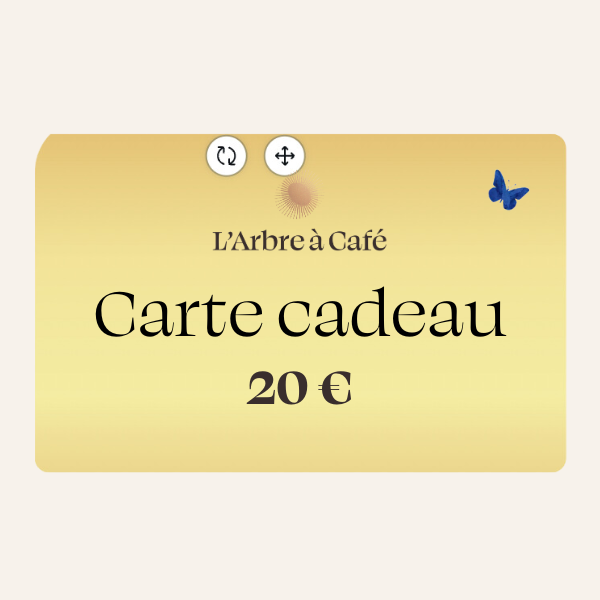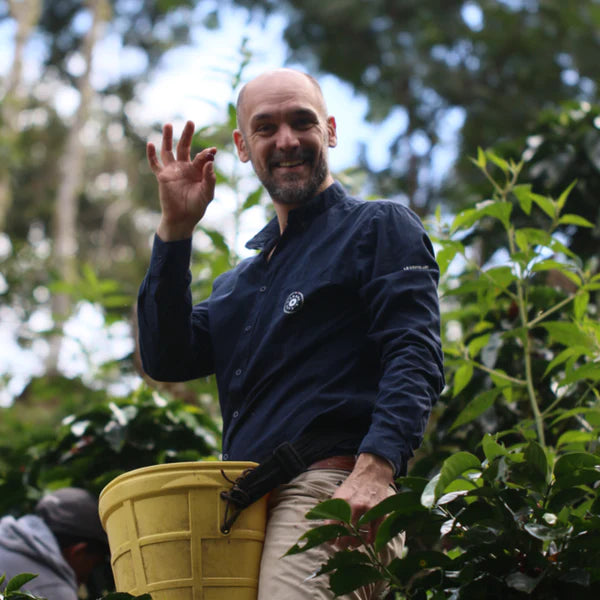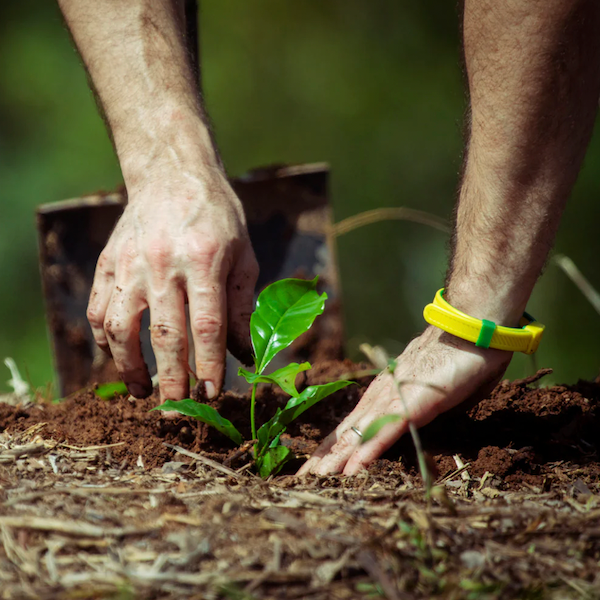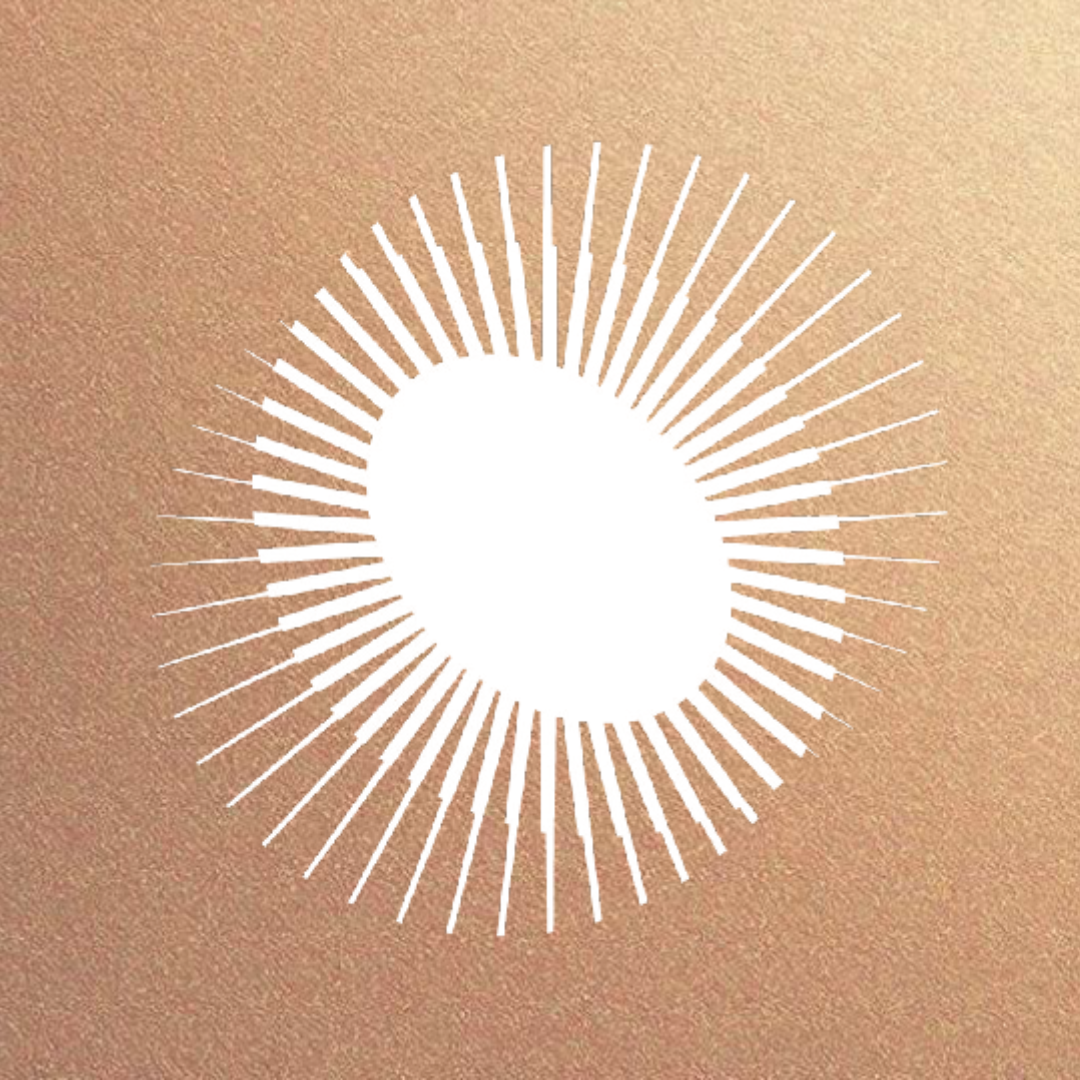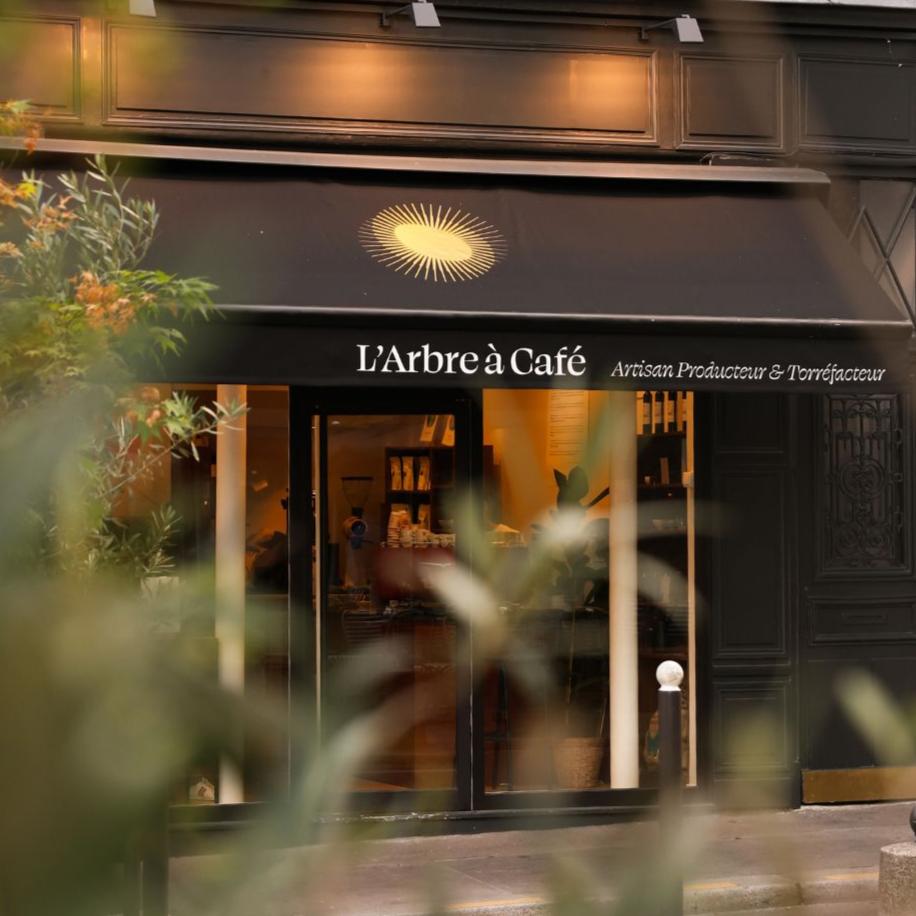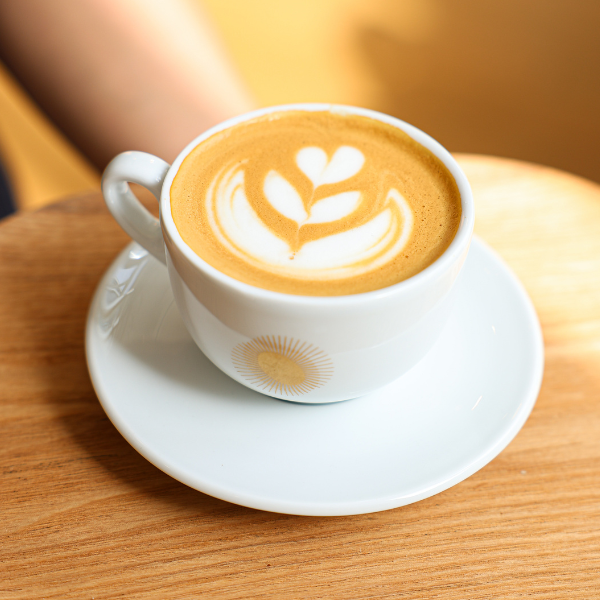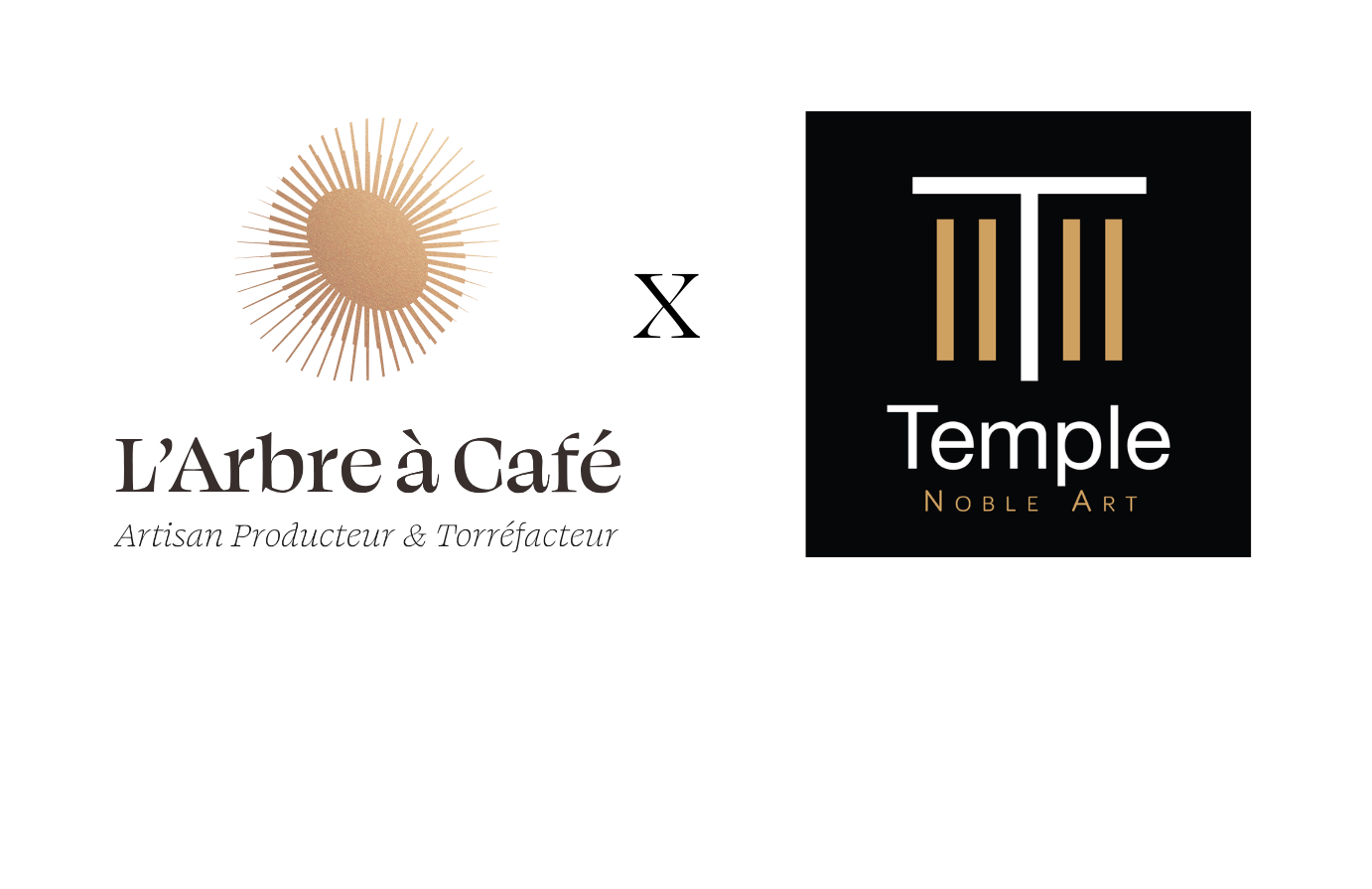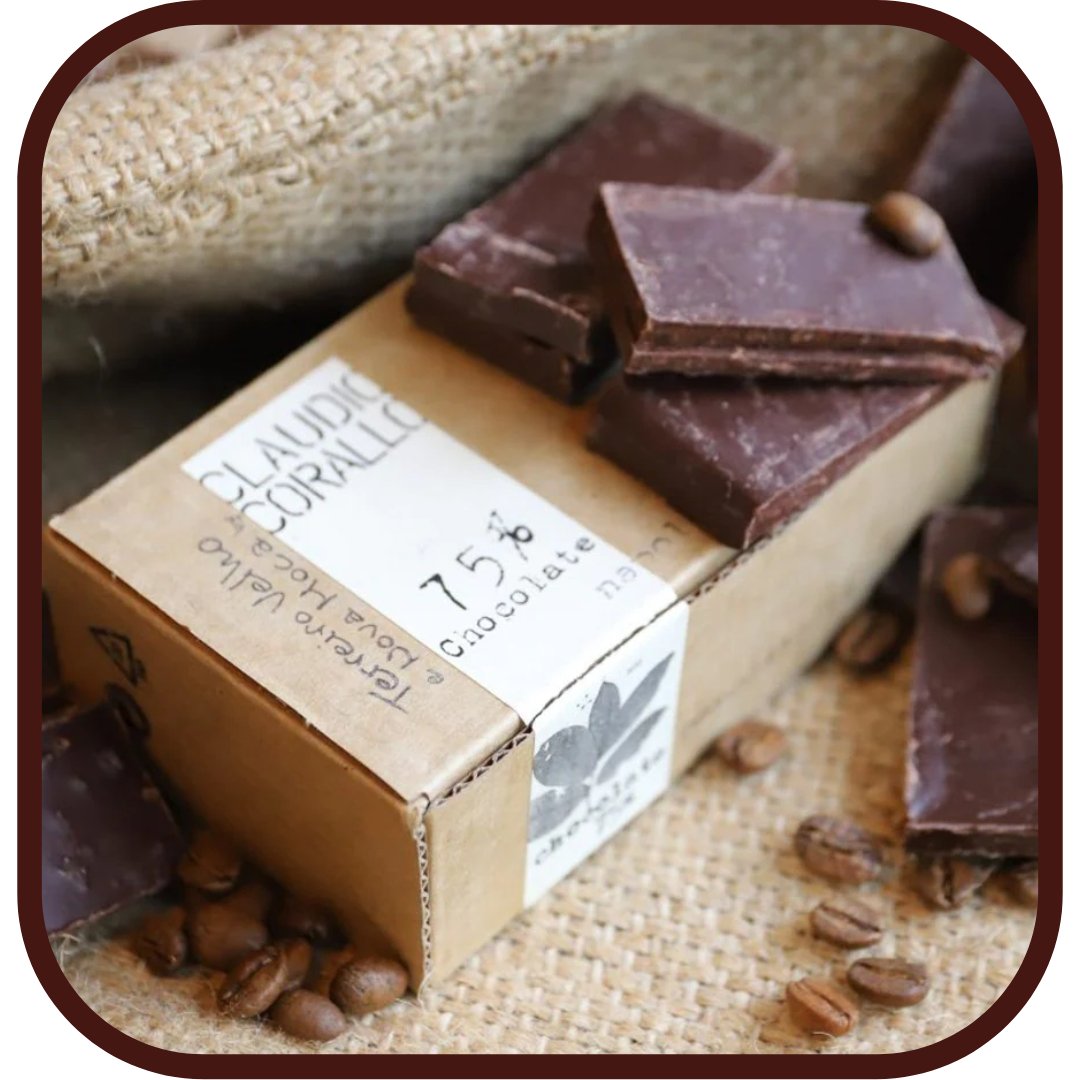too acidic, too citrusy. What you appreciate above all is full-bodied coffee, strong coffee that "kicks".
These are matters of taste and personal preference. When it comes to names and appellations, on the other hand, it's a question of words. And here, be warned, we're not going to agree, not at all! In truth, the words Moka, or Mokka, or Mocha, or Mokha and even Moccha, mean everything, but don't say much.
For the French, a Mokka is a coffee from Ethiopia. Yet everyone goes to the trouble of specifying that it's "Mokka from Ethiopia", as if there were any doubt about its provenance. The expression is redundant, and where there's redundancy, there's often a lizard.
The lizard, in this case, is that Mocha refers to the hub of the coffee market, which is located not in Ethiopia, but in Yemen. Absurd? Not really, since it was here that Ethiopian coffees were unloaded, assembled and shipped all over the world, back in the days of Yemen's commercial splendor.

The coffee has therefore taken the name of its port of originThis is the case of the Santos origin, named after the export port in Brazil, or Cochin, the Indian port. This is also the case of "Arabica", which got this name because it had to travel across the Arabian Peninsula, always from Yemen, on camels, to Cairo.
We are therefore half forgiven, especially since this expression, " Mokka from Ethiopia The word "sin" was already used in the 16th century. We only sin by habit! At that time, and until the colonial period, Mokkas were differentiated from Abyssinian coffee. The latter term has completely disappeared from our coffee vocabulary, whereas when we speak of tea, historical survivals prove to be more tenacious. Indeed, tea does not bear the post-colonial name of Sri Lanka, but still that of British Ceylon.
Is coffee definitely revolutionary and tea conservative? In any case, French speakers are not the only ones to have linguistic confusion.
Thus, for Brazilians, Mokka corresponds to Caracoli. For Italians, the word Mocha refers to the macchinetta, the Italian coffee pot, the famous Bialetti. Mokka or Mocha can also be a variety of Arabica endemic to Ethiopia, but also Yemen. Finally, in the lexicon of pastry chefs, the Mocha is a dessert, fallen into disuse, based on sponge cake, butter crema and ... coffee.

In short, the least we can say is that the term has traveled a lot. The height of the coffee lover would be without doubt to drink in the Mocha square, a Mocha from Mocha prepared in a Mocha and obviously accompanied by a tasty Mocha.
If you want to learn how to make a good mocha, don't hesitate to consult our practical guide to make a good coffee.
You can also ask us your questions on our facebook page and, for the most motivated, you can register to our training sessions.
Are you a fan of Moka coffee from Ethiopia? Discover our Moka of the moment, Danche , and our other 100% Arabica Ethiopian grands crus, organically and biodynamically grown, such as Gédéo d'Yrgacheffe and Aricha.

